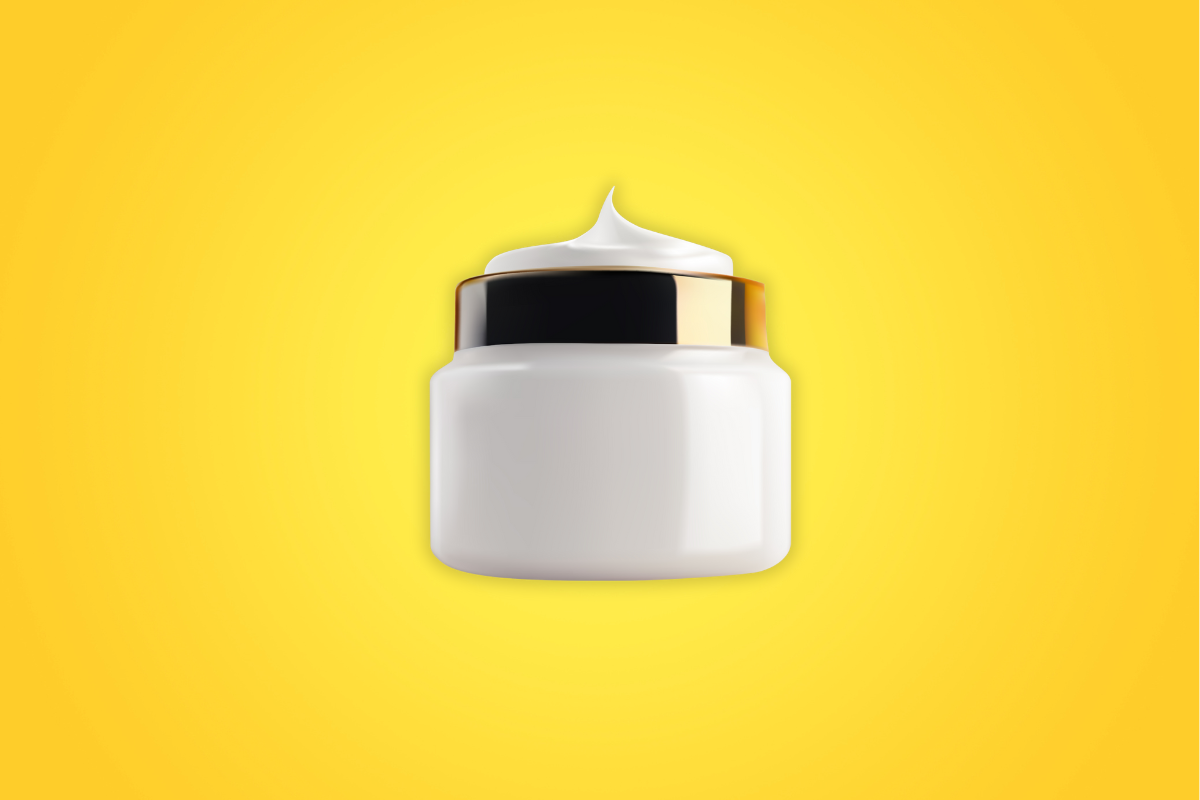Nora Ephron started feeling bad about her neck at age 42. My age. If I look closely in the mirror, I see something on its way to becoming a wattle, but it doesn’t bother me. Not yet. My issue lies above the neck. I don’t mean frown lines or crow’s feet, for which various injectable solutions have been developed since Ephron’s time. It’s my mind that’s sagging. I suffer from a droopy intellect.
It’s not that self-scrutiny has diminished since Ephron’s musings on aging appeared 16 years ago, before the dawn of the selfie and hyaluronic acid. Today’s 40-plus crowd still pores over every pore. We’ve just put a more positive spin on it: what Ephron called “maintenance” is now known as “self-care.” We remind ourselves that we are “enough” while quietly injecting, dying and extending what we’ve got.
But there’s no serum to target my subepidermal problem. It’s my inner life that needs plumping.
I don’t remember exactly when I started to bore myself, but it was probably around the same time that I got a Costco membership. Yes, I thought of myself as creative and insightful before I started buying toilet paper in bulk. I’ve done the math and am fully aware that shopping at Costco isn’t saving me money, but I can’t bring myself to cancel the membership for fear of losing the serotonin hit that comes with a free pierogi sample in a tiny white paper cup. When did Costco become such a highlight?
I recall being chauffeured to ballet class one afternoon by my then-40-something mother. She was in an unusually wistful mood and told me she never thought she would end up with three kids, a dog and a station wagon. But of course, there she was in the driver’s seat of the black Volkswagen hatchback, a car selected with our cocker spaniel in mind, and there I was in the passenger seat, child number three. She wasn’t expressing regret; my mom loved her life. It was just a kind of aha moment, as if to say: Hey, the world may be your oyster now, but conventionality has a way of sneaking up on you.
It’s no longer the ‘90s. The SUV has replaced the station wagon. Goldendoodles are the answer to inbred cocker spaniels. Strangely, high-waisted mom jeans haven’t gone anywhere — or maybe they just came back right on time. That pretty much sums up my existence. I adore my husband and two boys, and the dog, despite her proclivity for rolling in dead mice, is dear to me too. We have a good life, a happy life.
Every morning, I pack the lunchboxes, spread almond butter on crustless toast and throw in a load of wash before taking a sip of my tepid coffee. I hold my kids’ soft, little hands as I walk them to school, dog leash fastened around my waist, and listen to nonlinear plot summaries of the latest Netflix series that I clearly failed to vet. It’s idyllic.
Then, I return home to my laptop on which I swear I’m going to write something new and stare at the blank screen. For a long time.
It’s part inertia, part Weltschmerz and part interference from endless mental lists, which ping my brain with the same irritating frequency as my Apple watch. Every time a glimmer of deep thought arises, it’s immediately expunged by a hyperactive internal notification system reminding me to register the kids for day camp and add cream cheese to the shopping list.
By the time I’ve managed to jot down two or three sentences, I look at my watch, hoping school pickup will save me from my suffering, but the watch face has been replaced by a turquoise arrow instructing me that it’s “time to stand.” I rise and feel that pesky twinge in my lower back, think about stretching, then sit right back down and look up fitness influencers on YouTube whose taut tummies are almost as breathtaking as the glistening beachy backdrops. Four minutes into the 15-minute hip opening sequence, I realize I’m still sitting, and hence not stretching, and by now it actually is time to pick up the kids from school.
Ephron’s disdain for her neck started shortly before her 43rd birthday. Mine is right around the corner. My youngest child recently turned 4. When I was pregnant with him, the healthcare system regularly reminded me that the pregnancy was “geriatric.” Now that my baby is 4, I suppose I’m officially “still old.” My husband is 14 years my senior — does that make him ancient?
We geriatric parents spend about half of our waking hours managing our kids and the remaining hours managing our bodies. Ailments are discussed throughout the day. My husband tells me about his physiotherapy session. I describe my broken toenail. He reveals a new rash under his armpit. I complain of dry eyes. Standing next to him waiting for the two-minute timer on the electric toothbrush to vibrate, it occurred to me that the Waterpik-floss-brush-tongue-scrape routine recommended by my dental hygienist had effectively turned what was once a quick bedtime routine into a full-blown spa treatment for my mouth.
Just before climbing into bed, my husband and I tiptoe into the kids’ room. We rearrange their sprawled, sleeping bodies and inhale the youth emanating from their skin and breath. We catch each other’s eye and chuckle at our good fortune.
Nora Ephron had her first son at age 37 and the second just a year later. I picture her at my age, her neck freshly cleansed and moisturized, caressing the neck of a floppy-haired 6-year-old as he writes his name in pencil or carefully ties his shoe. Though I often succumb to the lure of the magnifying mirror, examining every wrinkle and blackhead, I also see everyday beauty. It’s a good thing I’ve become boring enough to notice.








